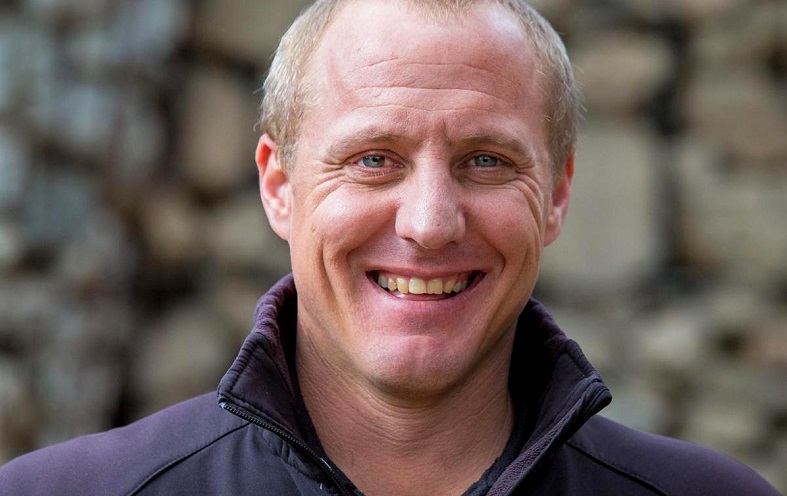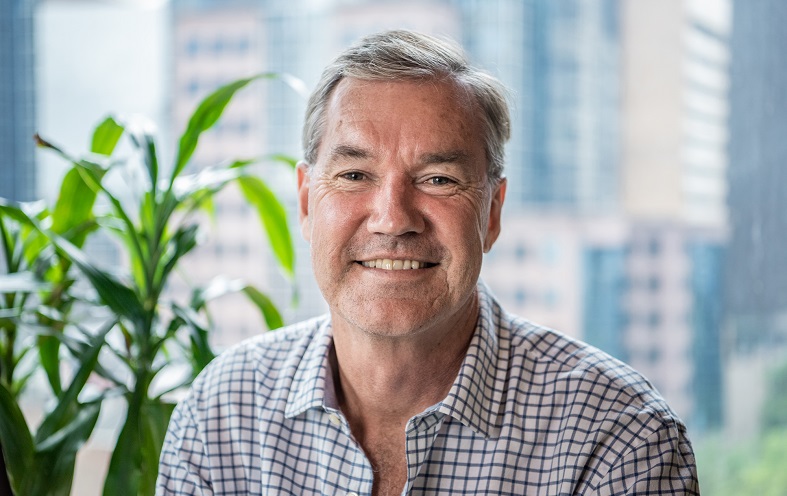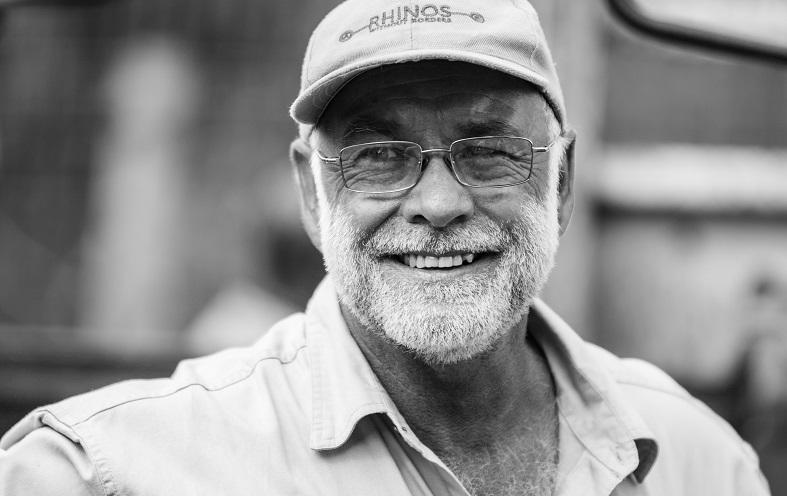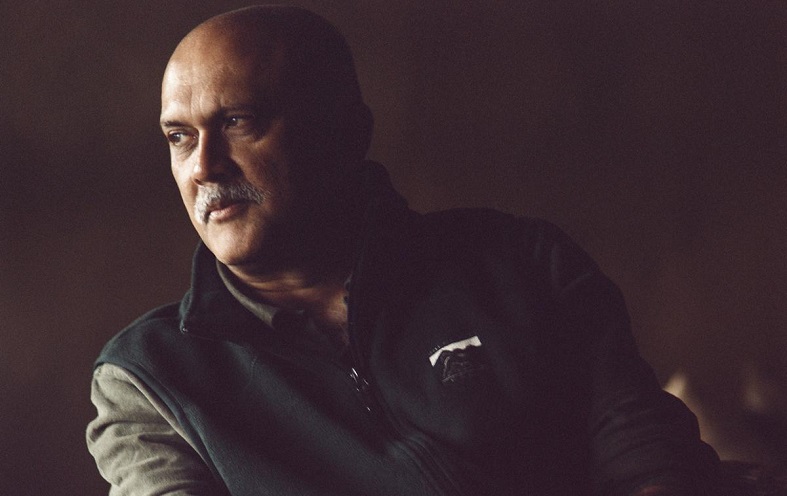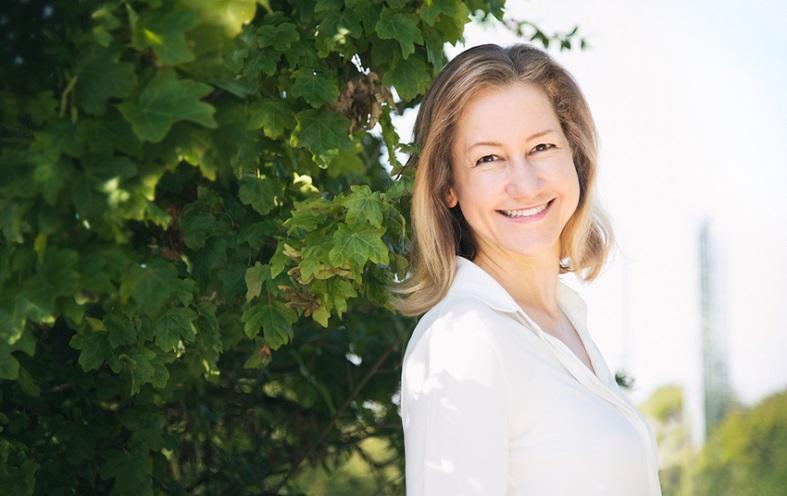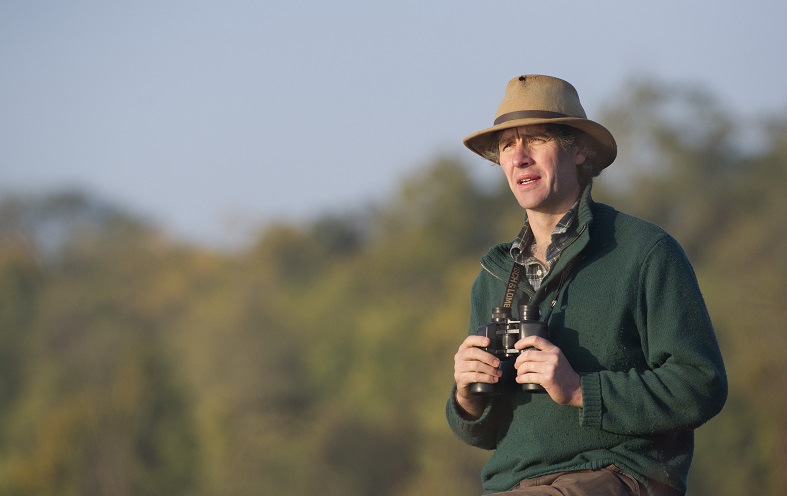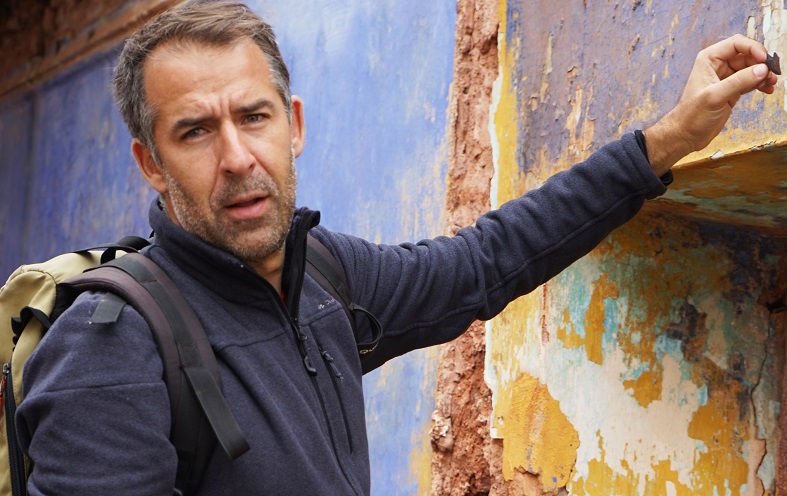Alex van den Heever in this interview introduces us to the ancient art of wildlife tracking and explains how the Tracker Academy is creating employment and ecotourism opportunities in rural South Africa.
The interview is part of a special series with winners and finalists of the annual WTTC Tourism for Tomorrow award.
Learn about:
- How the Tracker Academy teaches the ancient skills of wildlife tracking;
- How the Tracker Academy achieves a very high success rate in student employment;
- The main challenge the Academy has had to overcome;
- How ecotourist behavior and expectations have changed during the last years;
- How wildlife conservation is best approached;
- How Tracker Academy has benefited as WTTC Tourism for Tomorrow 2014 award finalist.
Alex, early in your career you switched from a Marketing and Business Management graduate to a full-time reserve ranger – how did that happen? What triggered your passion for nature and made you decide to change your career?
I spent time with my grandfather on his game farm bordering the Kruger National Park. This certainly sparked my interest in wildlife. However, there was no specific event – I have always loved nature.
Do you remember your first encounter with the SA College of Tourism to “sell” your concept of wildlife conservation through tourism? How did it lead to the Tracker Academy?
Mrs. Gaynor Rupert approached me with an idea of starting a tracker training school. Since Mrs. Rupert is the chairperson of the SA College for Tourism (SACT), it was a natural step for the Tracker Academy to become a training division of the SACT.
In 2010, Mrs. Gaynor Rupert founded the Tracker Academy to ensure the survival of the ancient skills of wildlife tracking for future generations. Funded predominantly by the Rupert Family Foundations, Tracker Academy is a training division of the SA College for Tourism (SACT) which operates under the auspices of the Peace Parks Foundation.
SACT Tracker Academy is a non-profit organisation which trains disadvantaged rural people in the traditional skills of tracking.
With 94% of Academy graduates finding well-paid work within ecotourism or environmental services, which do you think are the key factors for such a high employment success rate?
Tracker Academy is the only tracker training school to have its programme accredited by the Sector Education Training Authority in South Africa. In addition, organisations who have employed our professional tracker graduates have experienced firsthand their high level of skills.
Our trackers at lodges often find animals when others cannot. In anti-poaching units our trackers bring efficiency to apprehending poachers. We have run predator habituation programmes in South Africa, Botswana and Brazil with great success, which has brought the Academy much credibility.
The points above would be the combined reason for our high deployment success rate.
From your perspective, which are the main differences between visitor interests and conservation practice now, compared to 20 years ago? Has the tourist profile changed?
Tourists have become far more knowledgeable and discerning about what they want to see, how they want to see it, and which landscapes they wish to experience. They are much more vigilant of lodges being eco-friendly in their management approach. This sensitivity also extends to the support of local communities living adjacent to wildlife areas.
It is no longer acceptable for tourist lodges not to be engaged meaningfully with local communities.
From a sustainability point of view, which has been the main challenge that the Tracker Academy has had to overcome?
The main challenge has been the lack of understanding that traditional skills of tracking have a relevant role to play in modern conservation efforts. The challenge is overcome once a conservation manager experiences the excellent value that a professional tracker contributes to animal monitoring, habituation, wildlife protection and finding animals for tourists.
You have previously applauded a change in the approach of wildlife conservation from the SA government (from a military “maintain and defend” to a more inclusive perspective for local communities and the embracing of “economy of wildlife”). What do you think is still missing in these more inclusive approaches? What else can be done to increase conservation results?
The inclusive approach must include material benefit ($) for the local communities being asked to look after the wildlife. This can be achieved through starting well-funded tourism activities in the reserves, among other economic exciters.
The missing component is the ability for tourism and conservation management to understand thoroughly the needs of the local communities. Operators are often guilty of not getting to the bottom of the community matters through lack of will or understanding of local language and culture.
It should be mandatory for conservation managers to be fluent in the local dialect, and time should be spent in learning to understand and be empathetic to local culture. Conservation is about people.
A frequent theme of your conference presentations is “Power of Relationships”. How have relationships influenced your professional career and the Academy?
Relationships are critical, particularly in South Africa where one has several diverse cultures and languages groups living shoulder to shoulder.
The success of Tracker Academy has come about, to a large degree, from the inclusive, robust relationships that exist between the trainers, students, administrators and our community of donors. Relationships are key in Africa.
As a WTTC Tourism for Tomorrow award finalist, has this recognition impacted the Academy?
Absolutely. The recognition of Tourism for Tomorrow award finalist gave Tracker Academy the rare gift of ‘credibility’. The result has been a willingness by NGO’s, donors, private reserves, lodges and conservation organisations to engage with Tracker Academy, and more importantly, to employ our tracker graduates.
If you could turn back time, with your current experience and knowledge, what would you do differently?
Tracker Academy has grown organically and many lessons have been learned along the way. Yet we have focused our full attention on the standards of tracker training and the deployment of skilful practitioners in conservation. I am not sure that I would change anything!
How do you envision the future of the Tracker Academy?
Upon establishing a successful jaguar habituation programme in Brazil, Mrs. Rupert said of Tracker Academy “we are an exporter of skills from South Africa”. This is true. Two of our top graduates spent 4 months habituating and monitoring jaguars in the Pantanal, as well as training local Brazilian trackers. I would like to see more such projects where Tracker Academy can deploy its graduates for the benefit of conservation worldwide.
Thank you, Alex.
More about Tracker Academy in South Africa, a WTTC Tourism for Tomorrow 2014 award finalist, here.
Enjoyed our interview with Alex van den Heever on the ancient art of wildlife tracking and how the Tracker Academy creates employment and ecotourism opportunities in rural South Africa? Share and spread the word!

